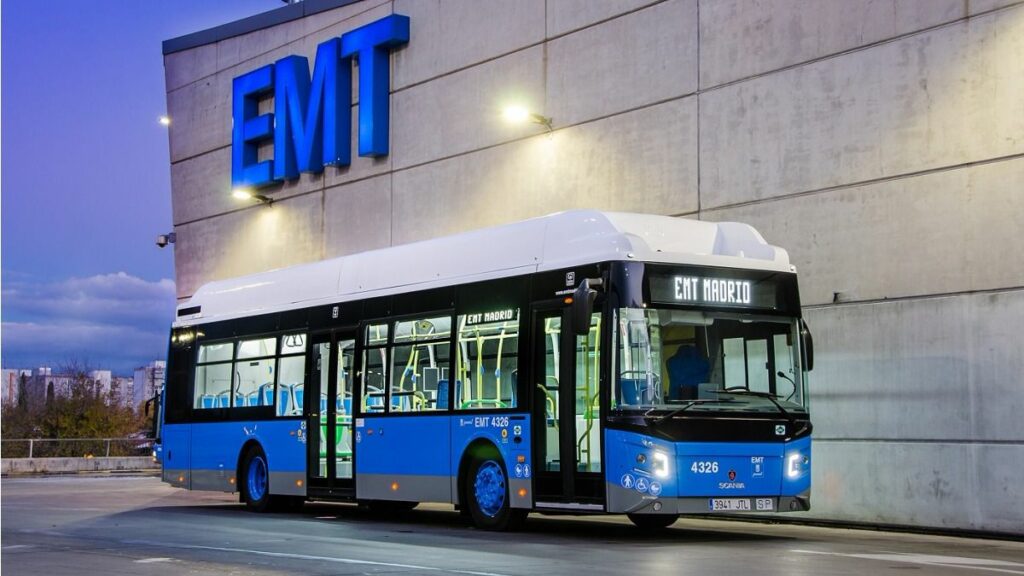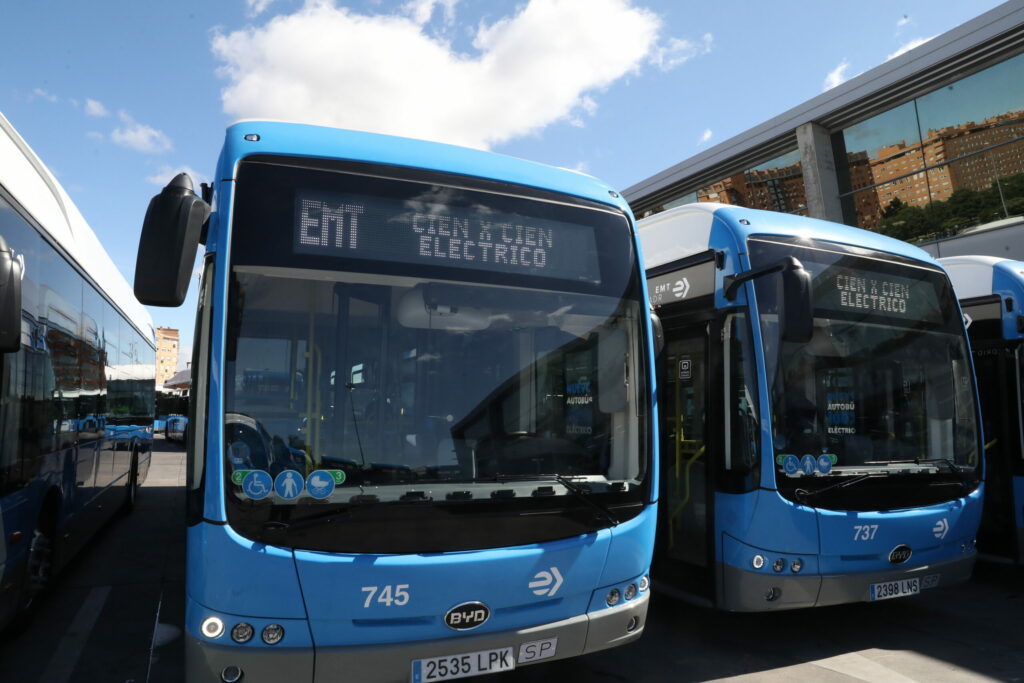
Public Transport in Madrid to Feature Innovative Automated Charging System

The approval of the Sustainable Mobility Plan and the approval of resources by the Ministry of Transport have opened the doors for Madrid to deepen its efforts and investments in new technologies for an efficient public service.
In this regard, the Municipal Transport Company (EMT) of the Spanish capital will carry out a project to automate intelligent charging through pantographs, an articulated mechanism that transmits alternating current from a catenary cable to an electric means of transport.
The technology will be applied to 20 electrified buses, located at the Operations Center in the Fuencarral sector. An investment of four million euros was approved for the project, funds from the recovery plan established by the European Union following the COVID-19 pandemic.
Program Details
The implementation will be carried out in 18 months divided into two phases: a first period of 12 months to implement and test the solution on three electric buses, and another six months to extend the system to the rest of the project fleet.
The pantograph technology will allow each bus to be charged in the shortest possible time, without compromising the life of the batteries and optimizing the costs associated with the operation and the power demanded from the grid. All supply points will be the same, with a power of up to 180 kW.

The project will involve BYD’s K9 model buses and Irizar’s ieBus range. One of the objectives pursued with this initiative is that the charging solution will be adapted to all manufacturers, regardless of the vehicle or charger brand. Through this standardization, the solution can be replicated in other operations centers of the municipal company.
City Strategy
The EMT project is part of the roadmap proposed by the Madrid City Council, which is firmly committed to the gradual electrification of the municipal fleet with the goal of reaching 25% electrified vehicles by 2025.
The Strategic Plan also includes infrastructure programs to advance electric mobility, such as the transformation of the current facilities of the La Elipa Operations Center into a reference complex to house a 100% electrified fleet. This facility will have a capacity of up to 318 electric buses and will have a large photovoltaic installation that will be a benchmark for energy efficiency throughout Spain.





